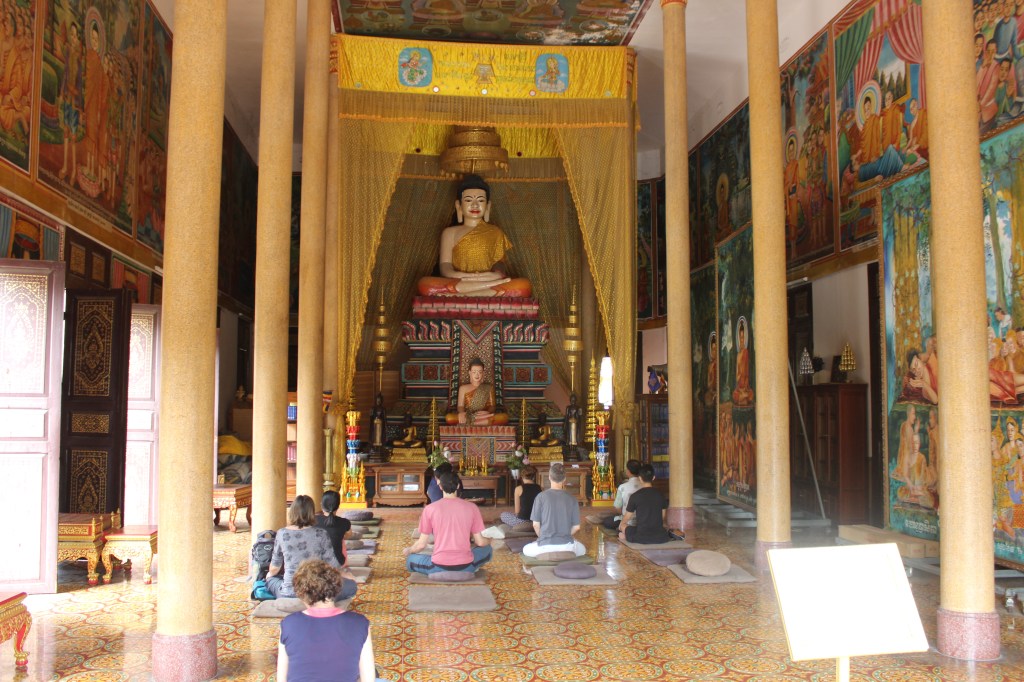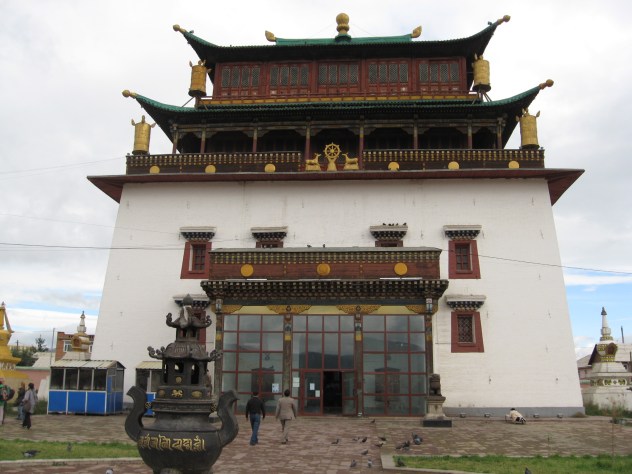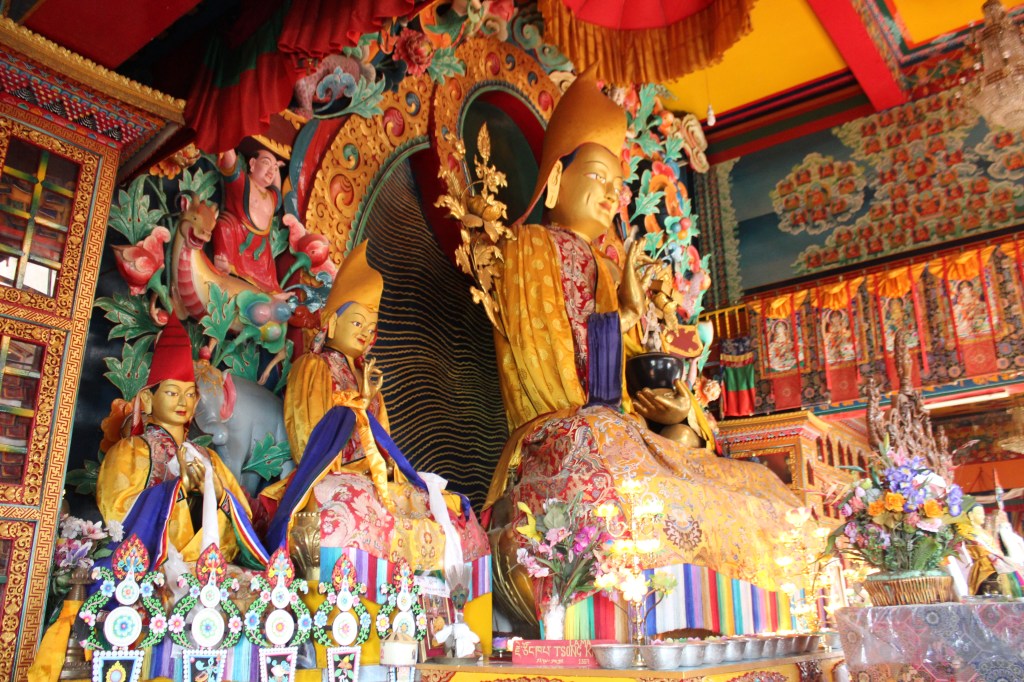Buddhist Self-Sufficiency Trumps Christian Abundance
Overflowing abundance is a myth, but there is always enough, just enough. And that’s probably an act of faith, also, but preferable to the call for gluttony. Because that’s what abundance signifies: more than enough, all you can eat, sky is the limit, all that Christian mythology that spurs capitalism, Protestant individualism, global warming and war, as if winner takes all in a zero-sum game. But why would that be the case, since it clearly is contradictory?
If there are unlimited resources, then there should be plenty to go around for everybody, but that’s not the way it works, apparently. It seems that it doesn’t really count until counted. Until then it’s just religion, myth and ritual, designed to encourage the gods as much as to propitiate them, since they are the gatekeepers of these mythical resources. So, Christianity shoots itself in the foot by trying to claim more than it can realistically access. Abundance, i.e. unlimited resources, are useless if not freely available.
Buddhism makes no such outrageous claims, but ‘just enough’ can be easily surmised if not statistically proven, with much better results than the Christian hubristic assertion. And that’s what the previous king of Thailand did with his theory of self-sufficiency, พอเพียง, ‘just enough,’ which, from a Buddhist standpoint, is a self-adjusting mechanism as much as a statistical reality. Whatever there is, it’s ‘just enough,’ as long as you can adjust your desires accordingly. This is classic Buddhism at its best, and a win-win situation for all. Don’t be greedy.











Reply